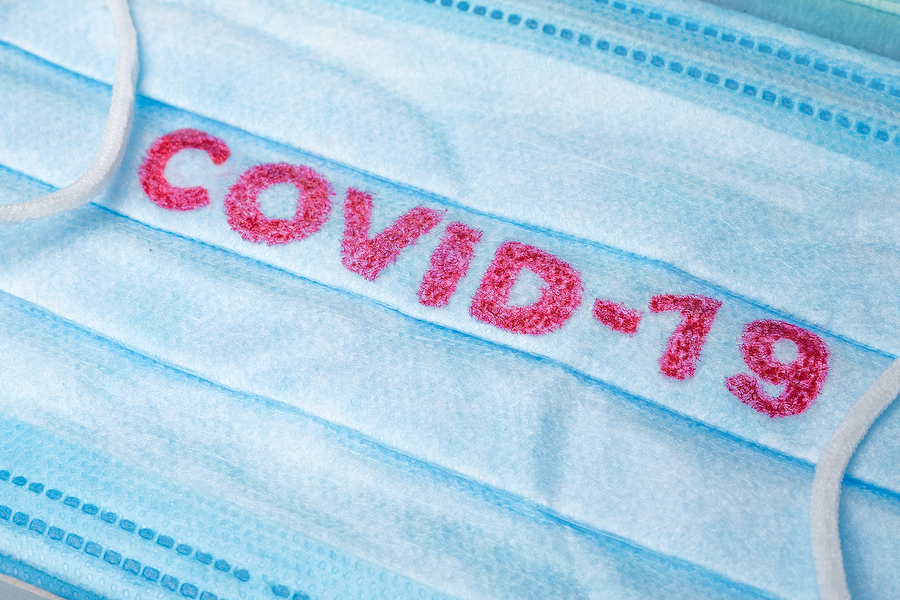
Can people separate fact from fiction in the COVID-19 pandemic?
During the COVID-19 pandemic, we are in danger of being flooded with an enormous amount of information and misinformation about the coronavirus. This so-called COVID-19 ‘infodemic’ can lead to belief in false information, as well as reduce belief in true information. Inaccurate beliefs about the pandemic might lead to behavior that puts people at risk. Research published in the Journal of Medical Internet Research investigates how accurate people’s beliefs about the COVID-19 pandemic were during the relatively early days of the crisis.
Take aways
- In the first wave of the COVID-19 pandemic, people's beliefs related to the pandemic were, on average, very accurate, putting a question mark on the ‘infodemic’.
- People who held more accurate beliefs about the pandemic were also more likely to say that they engage in behavior that prevents the virus from spreading.
- Most people seem to be able to inform themselves of the facts in the beginning of a crisis. To keep them informed, we should prevent misinformation from taking hold later in a crisis.
Study information
Who?
1202 US citizens (mean age 44.52, age range: 18-82, 50.25% female)
Where?
United States
How?
A four-week study was conducted, starting April 27, 2020. Each week, participants were asked to indicate to what extent they believed a number of true and false statements about the coronavirus, for example ‘Social distancing helps to reduce the spread of the virus’ and ‘The virus is man-made’. The effect of an intervention on people’s belief accuracy was also investigated. The intervention consisted of a short infographic that was aimed at empowering participants to use scientific consensus when evaluating claims related to the COVID-19 pandemic.
Facts and findings
- Average scores of belief accuracy were high for all four weeks; most participants correctly identified true and false statements.
- Accurate beliefs were related to self-reported behavior aimed at preventing the coronavirus from spreading (e.g., social distancing), but it is unclear if beliefs predict behavior or the other way around.
- Higher trust in scientists was related to more accurate beliefs, Liberal/Democratic participants held more accurate beliefs than more conservative/Republican participants, and participants reporting CNN or Fox News as their main news source held less accurate beliefs than others.
- The intervention did not increase participants’ belief accuracy.